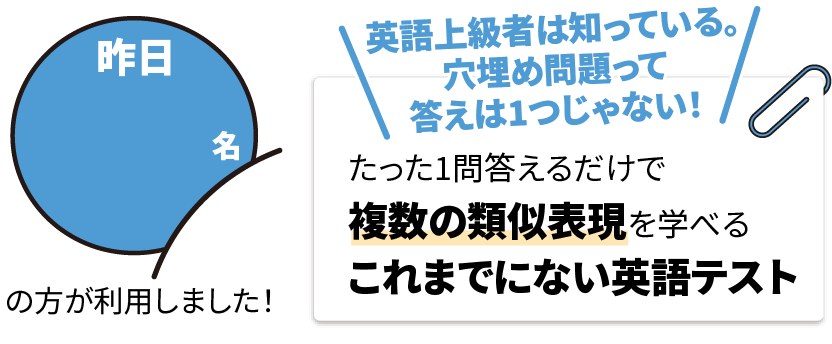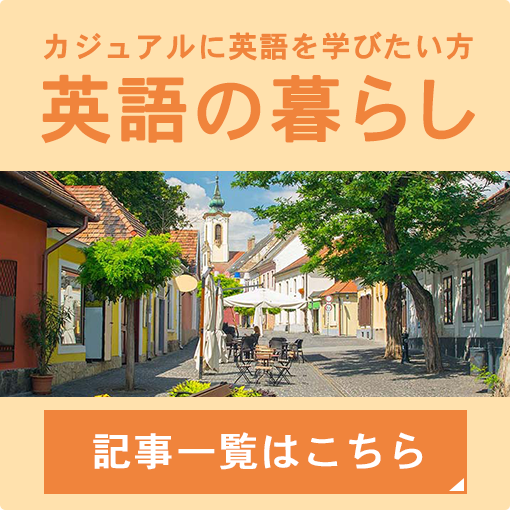Hello, this is Simon.
The most recent stage in my son’s development is him learning to stand.
Of course he needs to hold onto something such as the coffee table, but it is a big step for him. Every evening when I get home, there he is standing tall in front of the TV. I guess it stands to reason that he has a real new feeling of confidence. For him this new found ability probably stands head and shoulders above the rest, because he is that much closer to his ultimate goal, which is walk around freely like everyone else in the house
Unfortunately, there are now many things that he can reach that we don’t want him to touch. We have kept many essential daily items in a kind of box on the baby bed to make them easily accessible for us, but out of reach for him. These include: nappies, ointment, plastic bags, nail cutters etc. He has stood in awe of this box for quite some time, as it contains so many things he would love to play with.
It seems, as soon as we have our backs turned, he pulls himself up using the baby bed, and grabs something from one of the box’s outside pockets. He thinks he is being discrete, but it stands out a mile when he has gotten old of something he shouldn’t. When I go to take it off of him, he’ll try to make a stand, but I tell him “Give it up.” and “Stop making such a fuss. You don’t have a leg to stand on.”
It’s a daily struggle as he figures out how to access and more more things, but it’s also a joy watching him develop. On some days, it feels like time is moving very slowly and he is making very slow progress. Then, on others, it feels like time is flying by. One minute he’s rolling around on the ground, then he’s crawling, climbing and standing. Soon he’ll be walking, and on no time he’ll be off to school, university, and and before we know it, he’ll be standing on his own two feet.
Because my son is finally able to stand, I thought it would be a good opportunity to introduce some idioms that use the word “stand”.
“he is standing tall”
To “stand tall” means to show pride or confidence (e.g. There may be many people who disagree with what you are doing, but if you truly believe that you are right. You should stand tall./Even though she was nervous talking in front of so many people, she stood tall and gave a commanding speech.
“it stands to reason”
The phrase “it stands to reason” means something like “it makes sense.” We use it to indicate that something is clear or obvious (e.g. If we have have a huge spike in COVID-19 cases, it stands to reason that it will be followed by a huge spike in hospitalizations.)
“stands head and shoulders above the rest”
To “stand head and shoulders above” something means that person or thing is clearly better than others (e.g. He’s not such good batter, but when it comes to pitching, he stands head and shoulders above the rest.)
“He has stood in awe”
To “stand in awe” of someone means to have overwhelming respect or admiration for them. To “stand in awe” of something means to be filled with amazement by that thing. It can also imply a small amount of fear caused by the sheer spectacle of a particular thing (e.g. They stood in awe as they gazed up the slopes of Mt. Everest from the base camp.)
“it stands out a mile”
To “stand out a mile” means to be very obvious and clear to see (e.g. The teenager was hoping his father wouldn’t notice where he had pranged the car. Unfortunately, it stood out a mile, and so his father spotted it the moment he pulled into the driveway.)
“make a stand”
The expression to “make a stand” means to try hard to defend something or to prevent something from happening (e.g. After many years of deteriorating workplace conditions, the workers finally made a stand and went on strike.)
“You don’t have a leg to stand on”
To not “have a leg to stand on” means to be in a weak position in which you can’t prove that you are in the right (e.g. The driver claimed that the cyclist he hit was at fault. However, once he was shown the dashcam footage, he realized that he didn’t have a leg to stand on.)
“standing on his own two feet”
To “stand on one’s own two feet” means to support yourself financially, and not depend on others for financial support, housing, food etc. (It was a great feeling having her own job and apartment. She was finally standing on her own two feet.)
I hope you had a nice relaxing break during Obon.
See you next month!

Hello! My name is Simon.
I am from New Zealand, and have been living and teaching English in Japan since 1999.
My hobbies include movies, playing the guitar, gardening and hiking.
※このブログでは英語学習に役立つ情報アドバイスを提供していますが、本ブログで提供された情報及びアドバイスによって起きた問題に関しては一切、当方やライターに責任や義務は発生しません。
※ここでの情報や助言を参考に英文を書いたり下した判断は、すべて読者の責任において行ってください。ここに掲載されている記事内の主張等は、個人の見解であり当社の意見を代弁・代表するものではありません。






 (4 イイネ!が押されています)
(4 イイネ!が押されています)



























コメントする